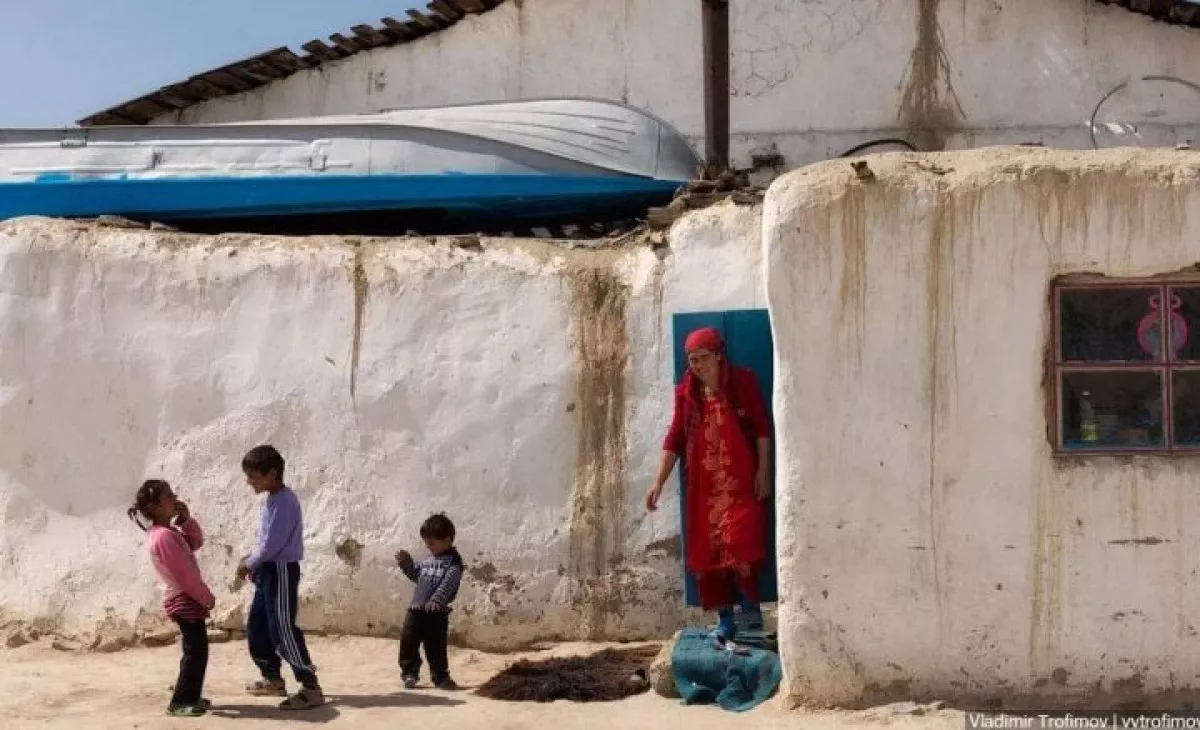Employment has increased, vocational education will be reformed

In the first half of this year, more than three million individuals were engaged in productive labor activities. This was reported by Upl.uz.
As of July 1, the poverty rate in the country decreased by 6.8 percent. These positive changes are the result of efforts made to increase employment and reform the vocational education system.
The President of the Republic of Uzbekistan, Shavkat Mirziyoyev, got acquainted with the presentation of new approaches in the field of employment and vocational education on July 25. The event emphasized that the quality of vocational training is a crucial factor in further increasing employment.
To achieve this, it is necessary to strengthen cooperation with employers, improve educational programs, and actively engage the private sector. The main problem in preparing specialists with high demand in professions is that educational programs do not align with labor market requirements.
The presentation also noted that some existing regulations in the field of labor relations are causing excessive difficulties for entrepreneurs, particularly small businesses. Specifically, it was mentioned that digital technologies are not being fully utilized in the hiring of personnel.
Current regulations do not encourage employers to openly announce job vacancies, which leads to inaccurate labor market statistics and hinders the clear identification of training directions for specialists. In response to these issues, new initiatives and measures were presented.
According to the proposed approaches, employment agencies should become partner organizations that serve employers rather than being regulatory bodies. For instance, penalties for not providing information about job vacancies or for not accepting submitted candidates will be abolished.
This will allow employment agencies to collect reliable information and direct job seekers to suitable job openings, while the final hiring decision remains with the employer. A special electronic platform will be developed to implement the new model.
In the initial phase, it will be launched in Tashkent as a pilot project and will later be expanded throughout Uzbekistan. Vacant positions where there is a shortage of specialists will be included in priority vocational education areas, and specific actions will be organized to prepare the necessary personnel.
To improve the quality of vocational education, it is planned to involve representatives of the private sector in the activities of Vocational Skills Centers, as well as to specialize certain centers in specific sectors. Responsible individuals have been tasked with transitioning to a three-tier vocational education system.
This system aims to introduce free video courses on the internet, as well as create opportunities for working citizens to use "vocational vouchers" for professional retraining or skill enhancement.

